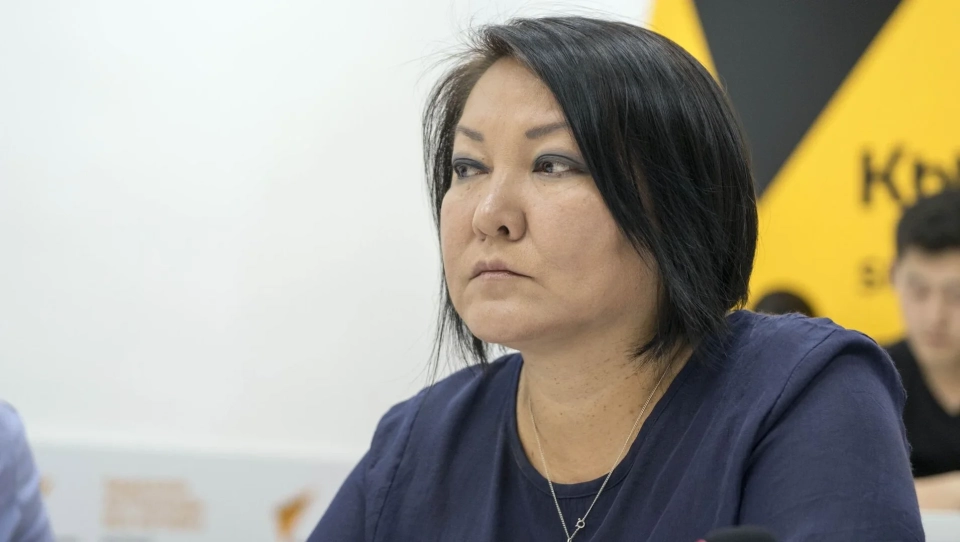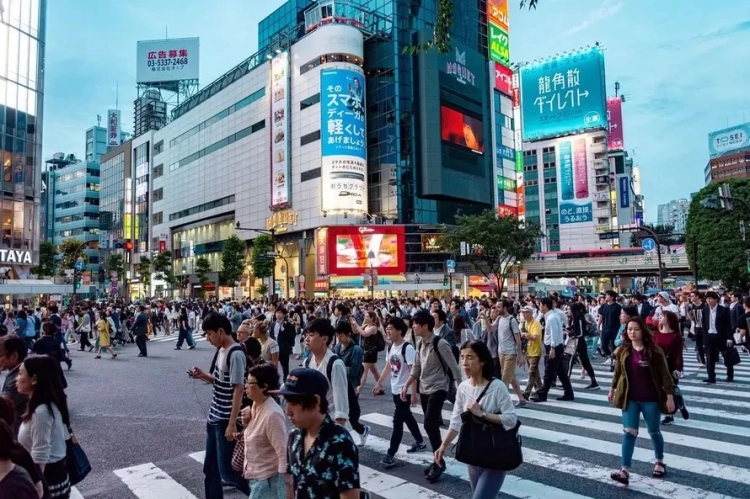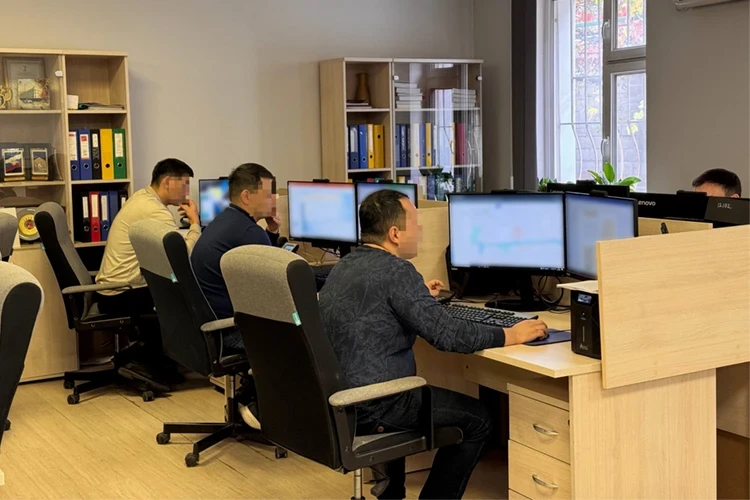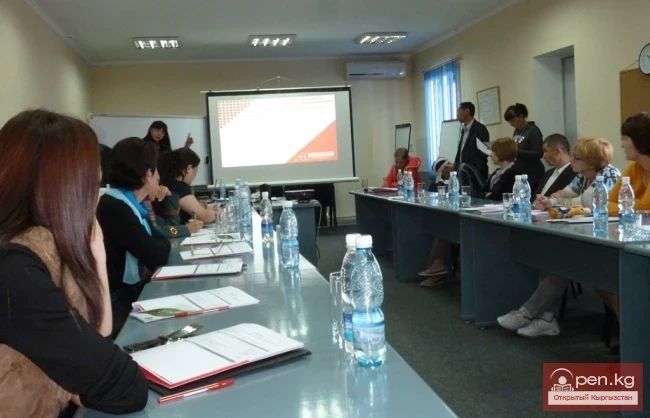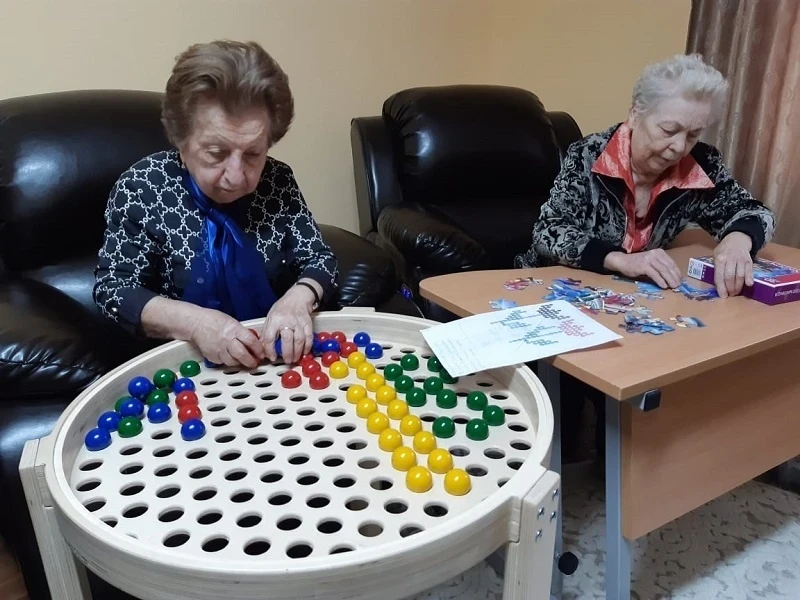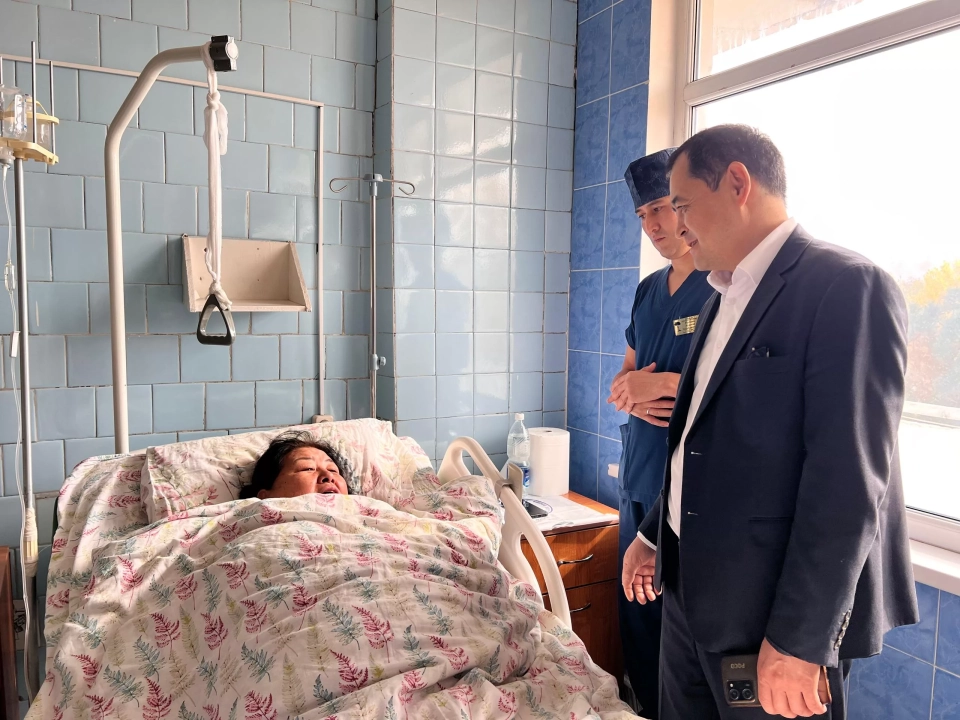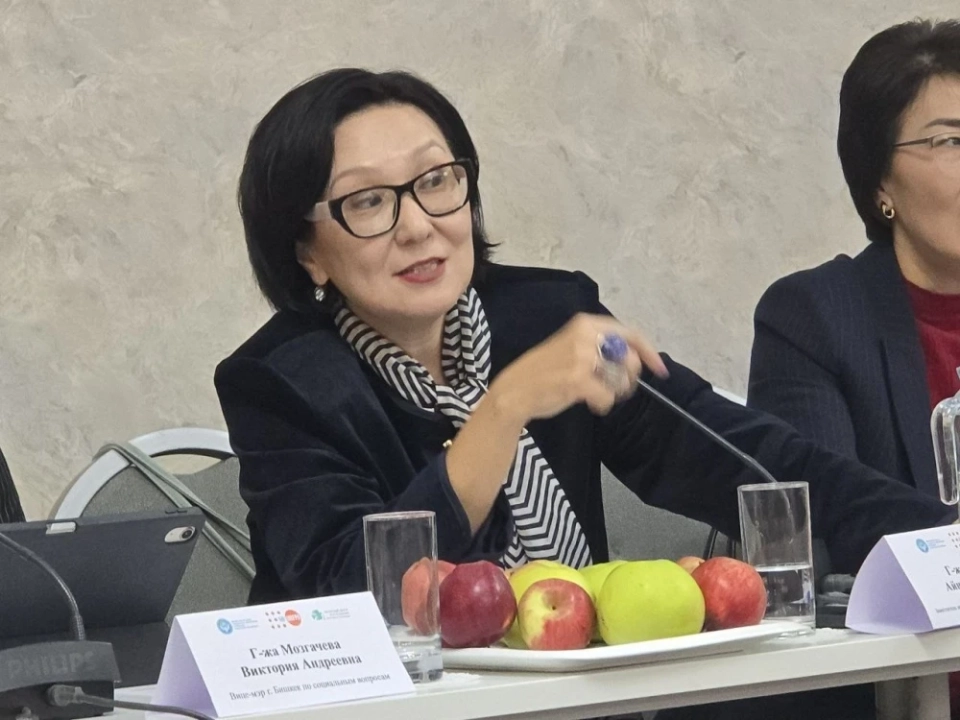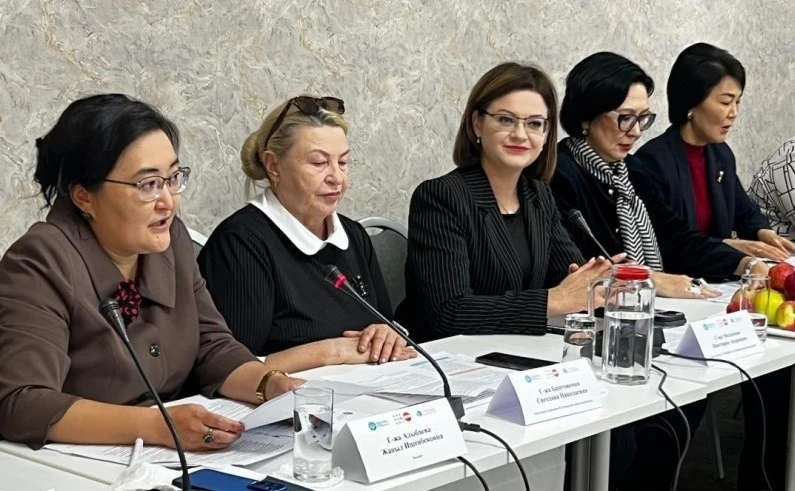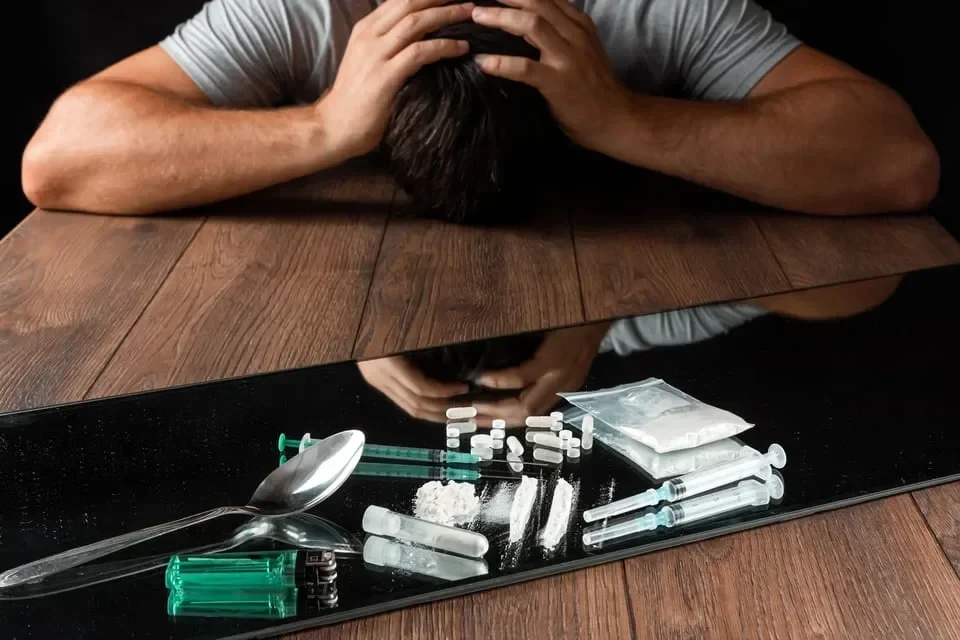
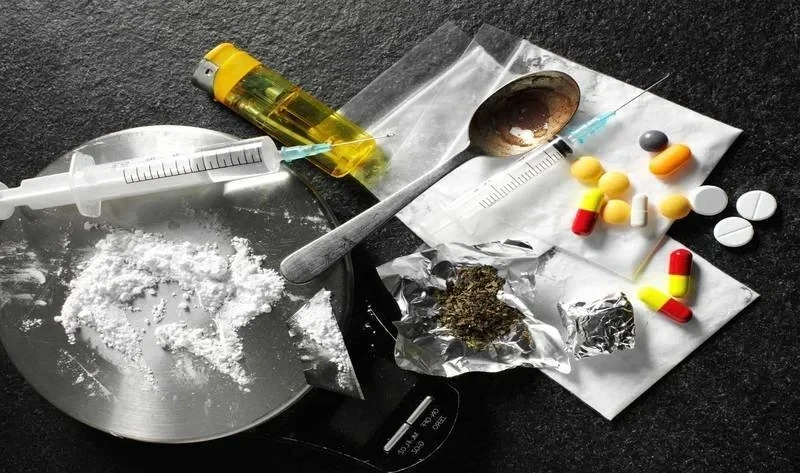
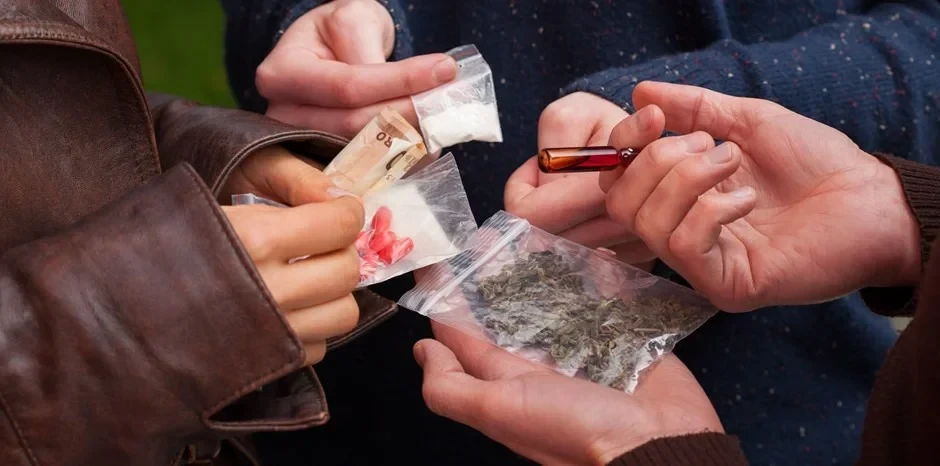

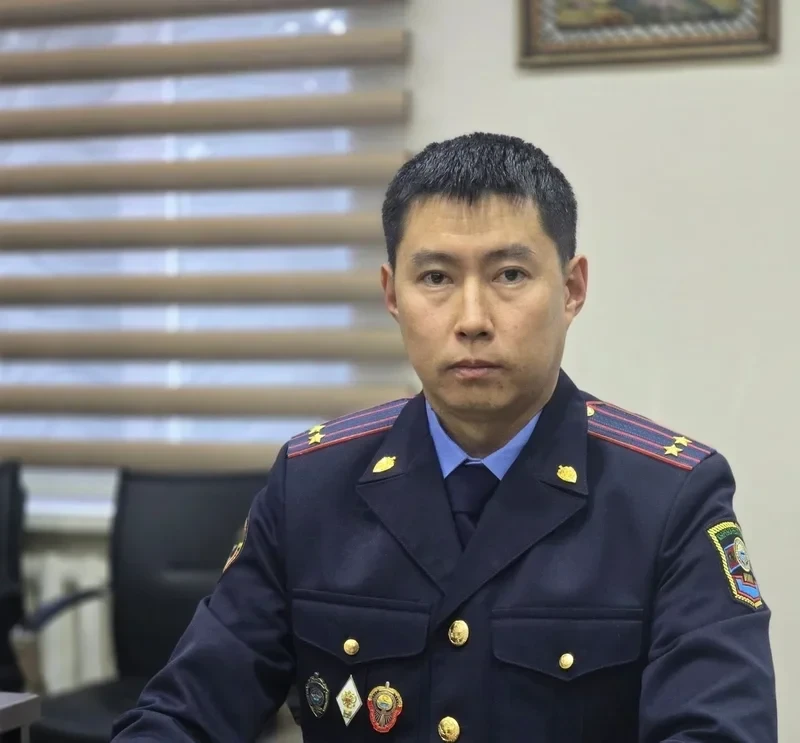
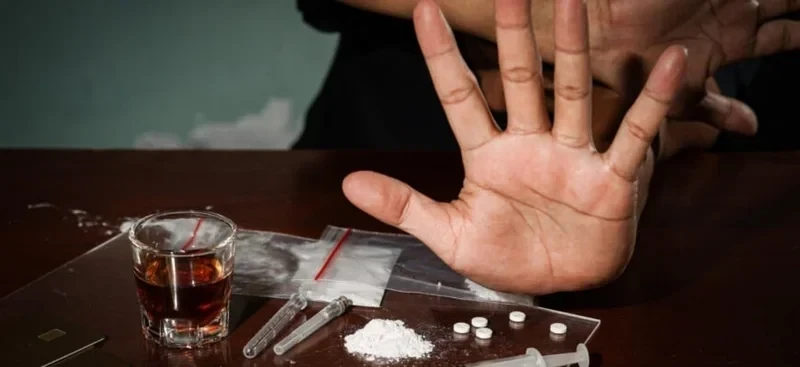
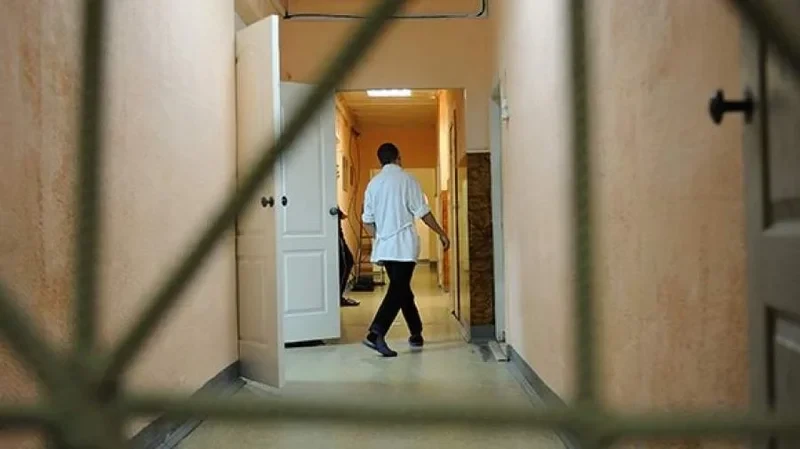
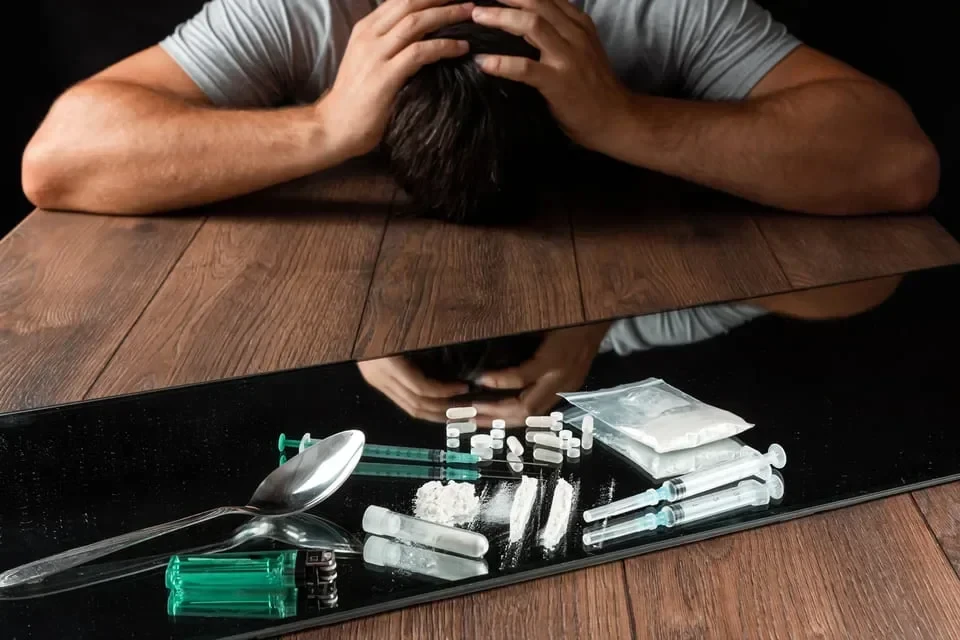









The situation with the spread of synthetic drugs poses a serious threat to public health. The main danger lies in their unclear composition, which can cause significant and irreparable harm to both the mental and physical state of a person. Even a single use of such substances can lead to serious disorders, recovery from which is difficult. These drugs quickly lead to addiction and result in a loss of connection with reality, aggression, fears, insomnia, or, conversely, sudden loss of consciousness. In such states, simple advice or medications cannot help, which is why rehabilitation centers are necessary — a key element in combating this problem.
In rehabilitation centers, drug addicts receive medical, psychological, and social support, creating conditions for their return to normal life.

Gulnura Alimova, head of the consulting and diagnostic department of the Republican Center for Psychiatry and Narcology, noted that there used to be a rehabilitation center in the country, but it is currently absent, while the need for such institutions remains high.

“The creation and maintenance of such centers require significant financial investments from the state. As a result, some previously existing centers have been closed. However, they are extremely necessary, as drug addiction treatment is not just detoxification or medication therapy that lasts 5-10 days. Full recovery requires long-term medical, psychological, and social support. Usually, patients undergo treatment for 4-6 months. Addiction is not only a physical but also a deep psychological problem. Many people think that it is enough to 'clean the blood' to solve the problem. But this is not the case. The effectiveness of group psychological support is confirmed, and it is the group approach that is the most effective,” Alimova added.

Rehabilitation centers operate in three main areas:
- Medical assistance — includes detoxification, removal of drug residues, and medication treatment.
- Psychological support — working with psychologists and psychotherapists, understanding the causes of addiction and overcoming it.
- Social adaptation — returning to work, acquiring new skills, and integrating into society.

Kanibek Usenov, head of the prevention and public interaction department of the Drug Control Service, emphasized the importance of rehabilitation centers in combating the problem of drug addiction, which destroys families and destinies.
“Unfortunately, there are no specialized rehabilitation institutions in the structure of the Ministry of Health, only narcological and psychiatric departments where only detox therapy is carried out. These departments can temporarily alleviate the patient's condition. Currently, there are 15 private centers operating in the republic, but due to their closed nature, there is no reliable data on treatment outcomes. The cost of treatment courses ranges from 70,000 to 100,000 soms, which is unaffordable for most citizens. If such centers were state-run, it would be possible to establish a clear policy, collect statistics, and provide assistance to a larger number of people,” Usenov emphasized.

Beremet Baryktabasova, a healthcare expert, also noted that the creation of rehabilitation centers is an extremely important step.
“20-30 years ago, injection forms of drugs prevailed in Kyrgyzstan, the so-called classic drug addicts. Currently, there are more than 23,000 psychoactive substances in the world, and only a small part of them is controlled in Kyrgyzstan. Law enforcement and customs authorities are unable to react to the emergence of new drugs. Particularly alarming is the fact that addiction is rapidly 'youthing' — drugs are now being used even by children aged 11-13. They are often involved in the distribution and transportation of drugs, bypassing border controls, which poses a huge danger. Rehabilitation centers can identify such cases at early stages, provide timely assistance, and conduct prevention,” she noted.
Baryktabasova added that synthetic drugs have unpredictable effects and can cause addiction even after one use. Therefore, it is necessary to develop clinical protocols, establish inter-agency cooperation, and enhance the qualifications of doctors.

“Rehabilitation centers not only engage in treatment but also help collect statistics, develop effective approaches, and provide psychological support to patients and their families. Without this, it is impossible to return a person to normal life,” she summarized.
According to the Republican Center for Narcology and Psychiatry, in the first nine months of 2025, 3,767 people received treatment, among whom 43 were drug addicts, of which 20 underwent therapy anonymously. ```
